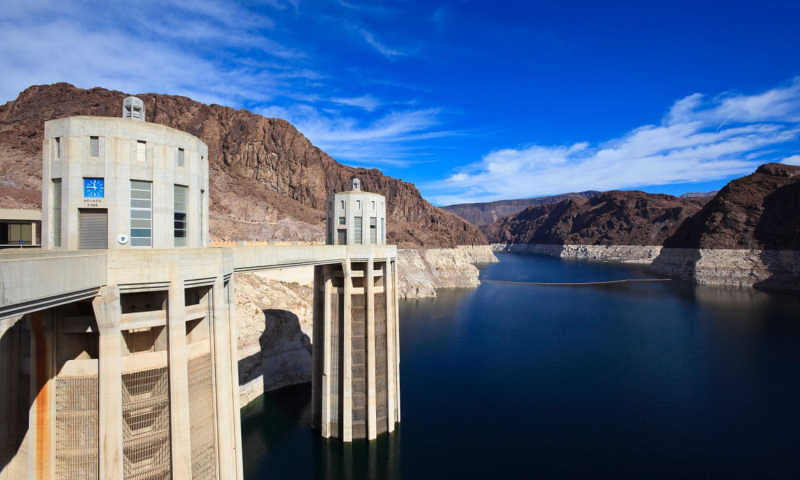Hydroelectricity and greenhouse gasses

10/14/2019 09:26 - Posted by Tom van Leeuwen
Hydropower is one of the cleanest energy sources available. The only downsides known so far are the impact on the landscape and the risk of a dam breaking due to earthquakes. Carefully choosing the locations and high construction standards are needed to solve these problems.
Besides electricity generation, dams also help to regulate the water flow in the rivers, making them better navigatable and useful for irrigation.
So, overall it seems to be quite positive, but recent research has "discovered" a new downside to hydroelectricity and it's a usual suspect:
Greenhouse gasses.
In this article in The Guardian titled
"The hydropower paradox: is this energy as clean as it seems?", Bridget Deemer, a "research ecologist" at the US Geologic Survey, who led the study during her prior position as a research associate at Washington State publishes their conclusions:
"But analysis by Deemer and her colleagues shows that the latitude and depth of water are not leading factors. Instead, 'biological activities' in a reservoir – such as decaying vegetation and nutrient runoff from watersheds upstream – are more important indicators of greenhouse gas emissions. The nutrient runoff can be from natural processes or from farming, logging and land development.
Using data from the 267 reservoirs, the authors estimate total emissions from all reservoirs worldwide and conclude that those water storage facilities account for 1.3% of all manmade greenhouse gas emissions."
Right, I'm not a biologist and I'm not a researcher... but using my common sense, I'm asking myself: "What would have happened to these 'vegetation and nutrients runoff from watersheds upstream' if there were no water reservoir? Would it have conserved itself magically and eternally? Or would it have decayed anyway?"
Of course, it would have decayed anyway! Vegetation is part of the carbon cycle. Vegetation consumes CO2 when it grows and vegetation emits CO2 when it decays and rots after the plant dies. The net effect is zero.
Moreover: They state that the nutrient runoff comes "from natural processes or from farming, logging and land development". So, would those factors magically disappear if there were no dam? The nutrients would have decayed anyway, that does not depend on whether or not there's a dam, a reservoir or whatever. It decays because it is organical material.
There is no hydropower paradox. Water reservoirs do not produce greenhouse gasses, at least not after the construction phase of the project.
Two questions:
- Do these "researchers" really get paid for writing this kind of this nonsense?
- How on Earth did this article pass The Guardian's quality control?
Just another example of the incredible amount of propaganda that is thrown upon us by the main-stream media.
Tom van Leeuwen, October 14th, 2019.
